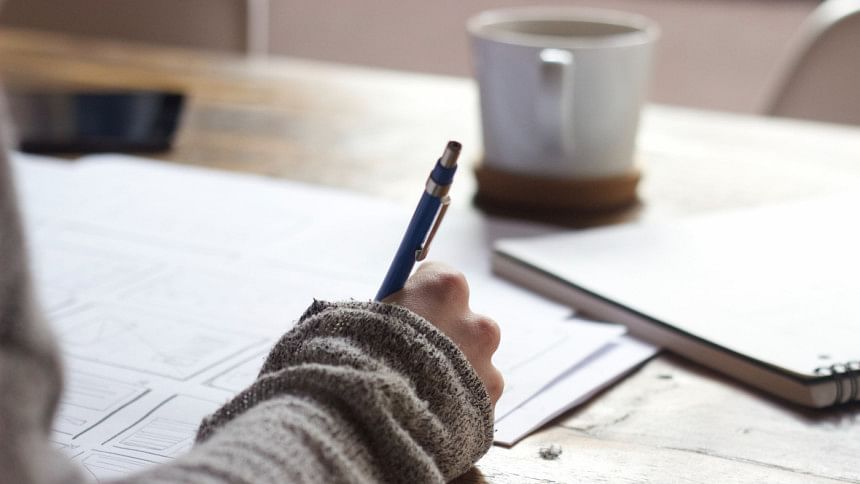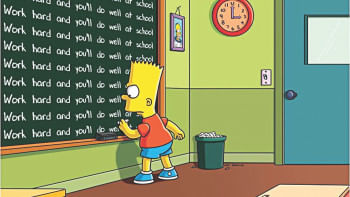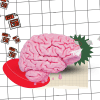How to trick your brain into studying

There's a tiny chance that you're reading this when you should, instead, be studying for your exams. So let's make this quick.
Here are four ways you can trick your brain into studying.
4 tips for tricking your brain into studying.
1. Make Studying Easier
Our brains choose the path of least resistance. So, we need to adapt our surroundings in a way that makes studying the easiest thing to do.
Let's say you study in your bedroom.
Firstly, get rid of all distractions. Your phone needs to go to another room, preferably your parent's bedroom, so that it's difficult for you to access or even think about it. Even if you can resist the temptation to use your phone, you need to make the process of studying as seamless as possible, which is why keeping it out of sight is the best option.
If your favourite story books are on your study table, guess what you're going to read instead of chemistry? Hide those story or comic books, and anything else that might distract you.
Secondly, put your textbooks on your table, where it is visible and easy to access. Whenever you feel the slightest tinge to study, you can get started. Delaying the process will only hinder your studying.
2. Track Your Progress
If you can visualise your progress towards completing your study goals, it makes studying more satisfying.
To demonstrate, for every half-hour you study, put a marble in a jar. Once you put 8-12 marbles in the jar (depending on your study goals), stop studying. You can also draw boxes and fill them for every segment you study.
It is more convenient to keep track of your progress this way than by solely tracking it in your mind.
3. Don't Study 24/7
Don't even pretend to study 24/7 just to appease your parents. Studying 4-6 hours with maximum concentration is enough. After that, allow yourself to do whatever you want.
Whenever I plan to do maths for the whole day, I finish the day with no energy, no free time, and only 5 sums done. Instead, it's better to time yourself and see how many questions you can solve.
If your study goals can't be easily quantified, time how long you study.
Don't forget to take breaks in between. You can use the Pomodoro technique – 25 minutes of studying with 5 minutes of break. However, if you feel like 25 minutes is too short to get into the flow, use 45 minutes of studying and 15 minutes of break.
Use timers (ideally an analogue one) to alert you when it's time for your break, and when it's time to get back to study. If you could not get hold of a timer, pin the timer app on your phone. Pinning apps blocks notifications and restricts usage of other apps.
4. Study in the morning
Get your studying done first thing in the morning, or as early as possible. If you have a bad day later, you won't want to study. Studying early in the morning also helps you remember the lessons better. The natural light during the morning also keeps you alert and focused.
Zaheen equates watching productivity videos with actual productivity. Send help at instagram.com/tasfiazuhair

 For all latest news, follow The Daily Star's Google News channel.
For all latest news, follow The Daily Star's Google News channel. 









Comments